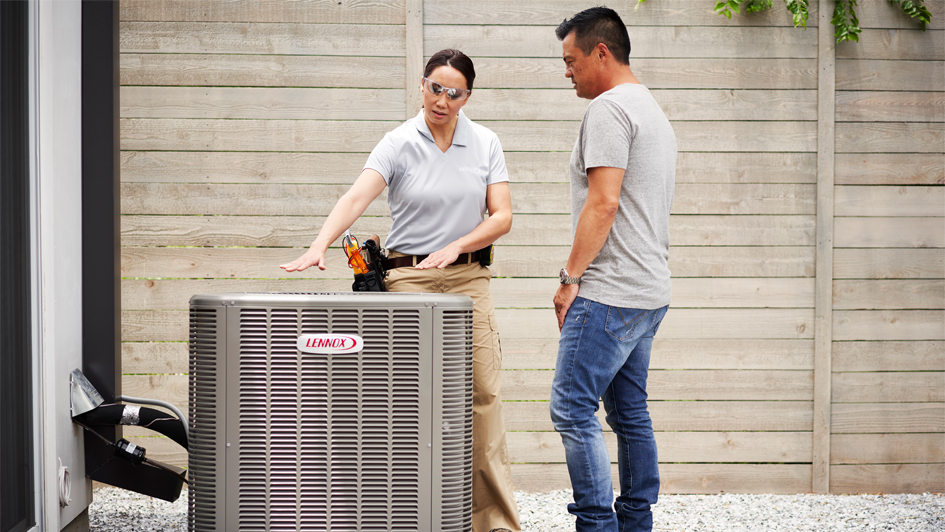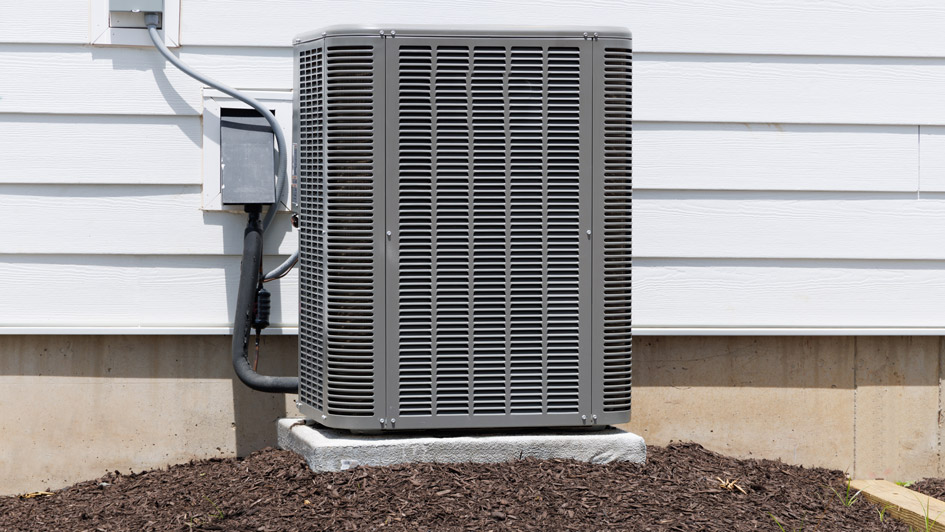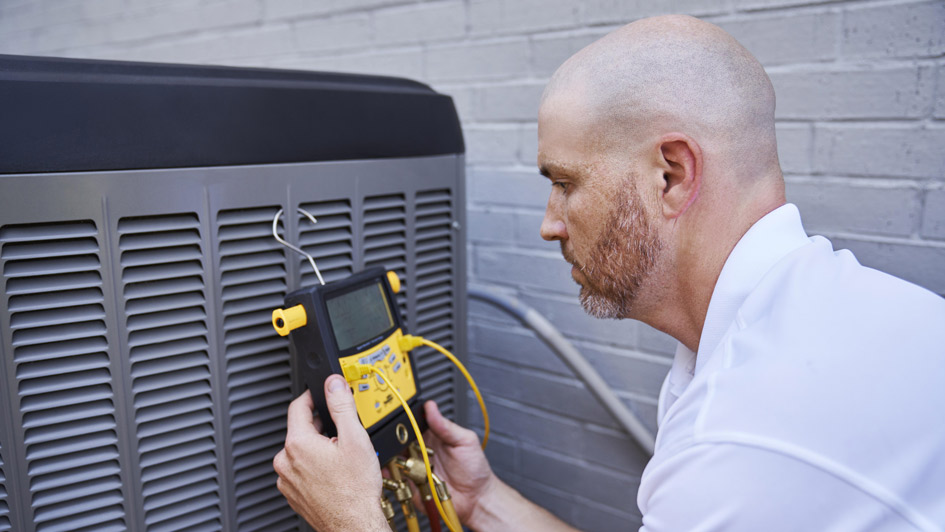Blog
Serving Chelan and Wenatchee and These Areas
Lakeside Heating & Air
Chelan, WA 98816
Phone: 509-284-4265
Email: [email protected]
140 NE 9th Street
East Wenatchee, Wa 98802
About Lakeside Heating & Air
At Lakeside Heating & Air, making your home comfortable is our biggest interest. That’s why we provide lasting HVAC units and quality work in Chelan and Wenatchee. Our experts are educated in a complete selection of services, so you can feel confident in your results. They’ll give the support you are seeking, whether it’s installing an up-to-date HVAC system or working on and tuning up your existing equipment. We’re ready to provide support for all of your needs, so call us at 509-284-4265 or contact us online to request an appointment right away.
© 2025 Lakeside Heating & Air | All rights reserved












